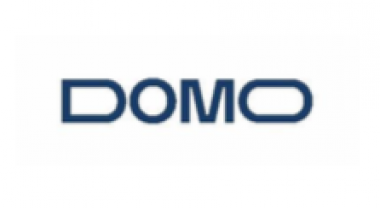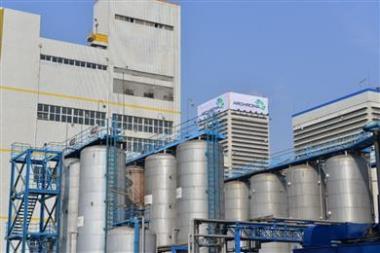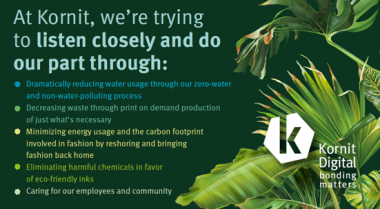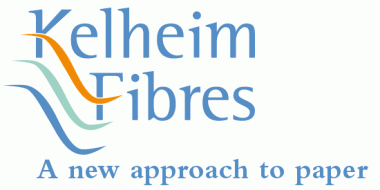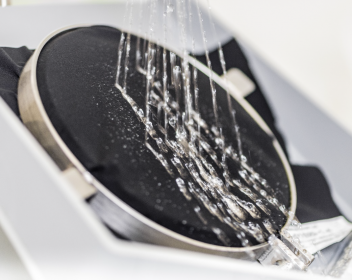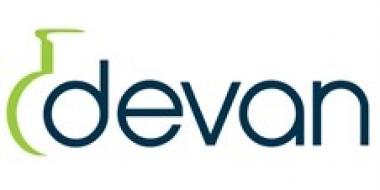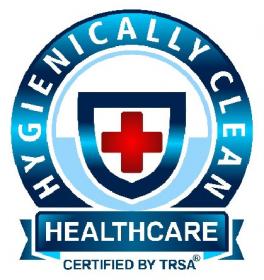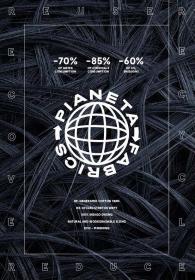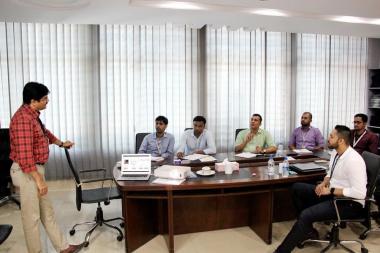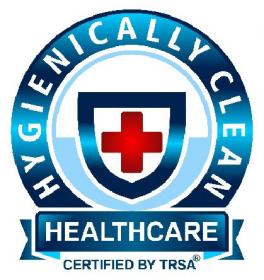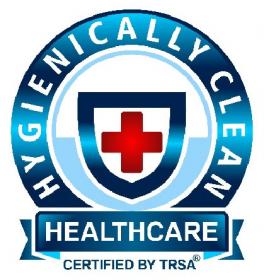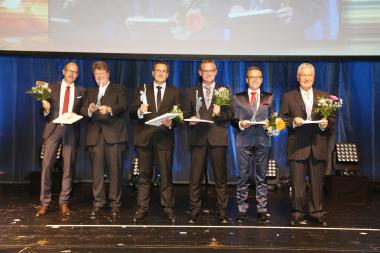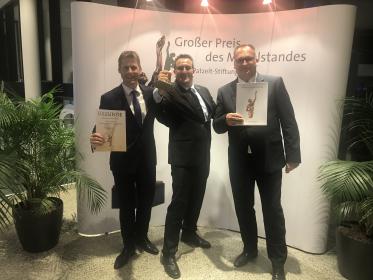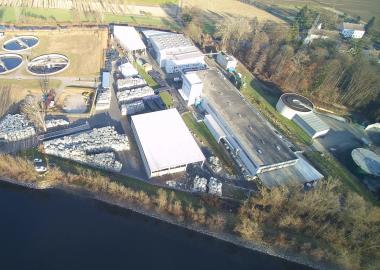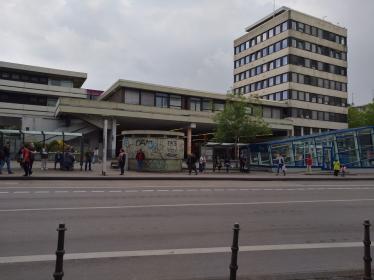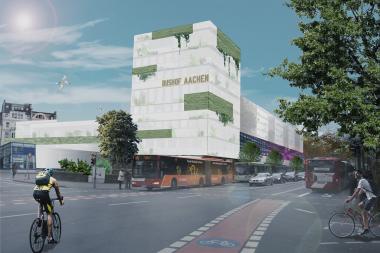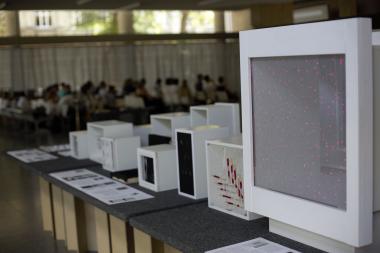APR: Blockchain-Based ‘Follow Our Fibre’ Refreshed
- Conservation and Biodiversity Information Now Available
Asia Pacific Rayon’s (APR) Follow Our Fibre is a blockchain-based tool that allows users access to information in real-time on the source of the raw materials in their garments and the origination of the fibre.
Launched in May 2019, the platform is now refreshed to include information of its suppliers’ conservation and biodiversity efforts, taking information transparency and richness to a new level. The refresh comes at a time when the fashion industry, through the Fashion Pact, is beginning to embrace biodiversity as a core focus on its agenda.
Follow Our Fibre now maps APR’s supply chain right down to locations of forest plantation concessions and conservation areas. The textile fibre producer’s suppliers are collectively responsible for the conservation of more than 3.12 million hectares of forests around the world, including boreal and peat swamp forests. These protected forests have rich biodiversity like the elusive Sumatran Tiger and Canadian Boreal Caribou, and provide ecosystem services, including 22 rivers and tributaries totalling over 900km.
“It is vital that we work with our supply partners to protect and strengthen forest landscape conservation areas rich in flora and fauna, and home to threatened and endangered species for today and future generations. These efforts are part of APR’s commitment to the United Nations Sustainable Development Goals (UNSDGs) 13 on Climate Action, and 15 on Life on Land,” said Cherie Tan, Vice President of Sustainability and Communications.
By providing a snapshot of the forest landscapes and biodiversity, APR hopes to quantify its ecological footprint and, as a next step, seek opportunities to partner its stakeholders to further strengthen forest conservation and enhance biodiversity in areas it sources from. Follow Our Fibre reflects the company’s long-term objectives for sustainable pulp sourcing and responsible manufacturing, and is a tool for its customers and stakeholders to trace finished products back to forest plantation origins, as well as monitor the environmental performance of APR’s supply chain.
Asia Pacific Rayon










